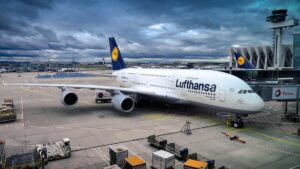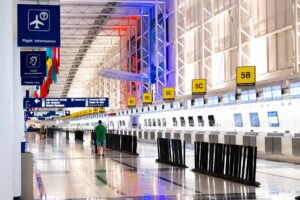
Economic Rents at Heathrow Airport
The Paper challenges the common supposition that (scarcity) rents at Heathrow airport accrue from airlines charging efficient clearing prices and instead suggests that because of oligopolistic practices, much of the rent at Heathrow is quasi-monopoly rent. It also suggests remedies that could be implemented in the short term before more runway capacity is added and that if Heathrow airlines matched the average load-factors of those at London’s other major airport, Gatwick, average fares might be as much as 5 per cent lower.





